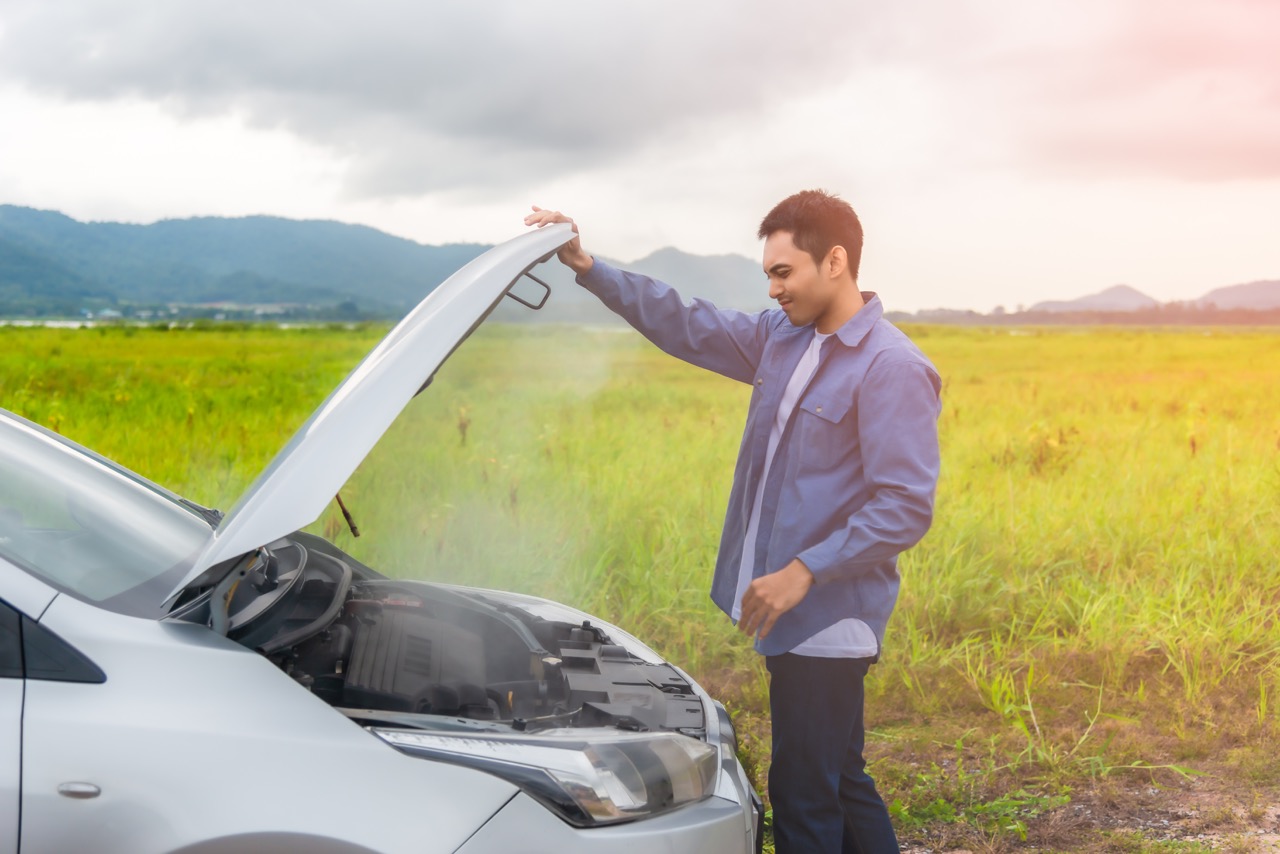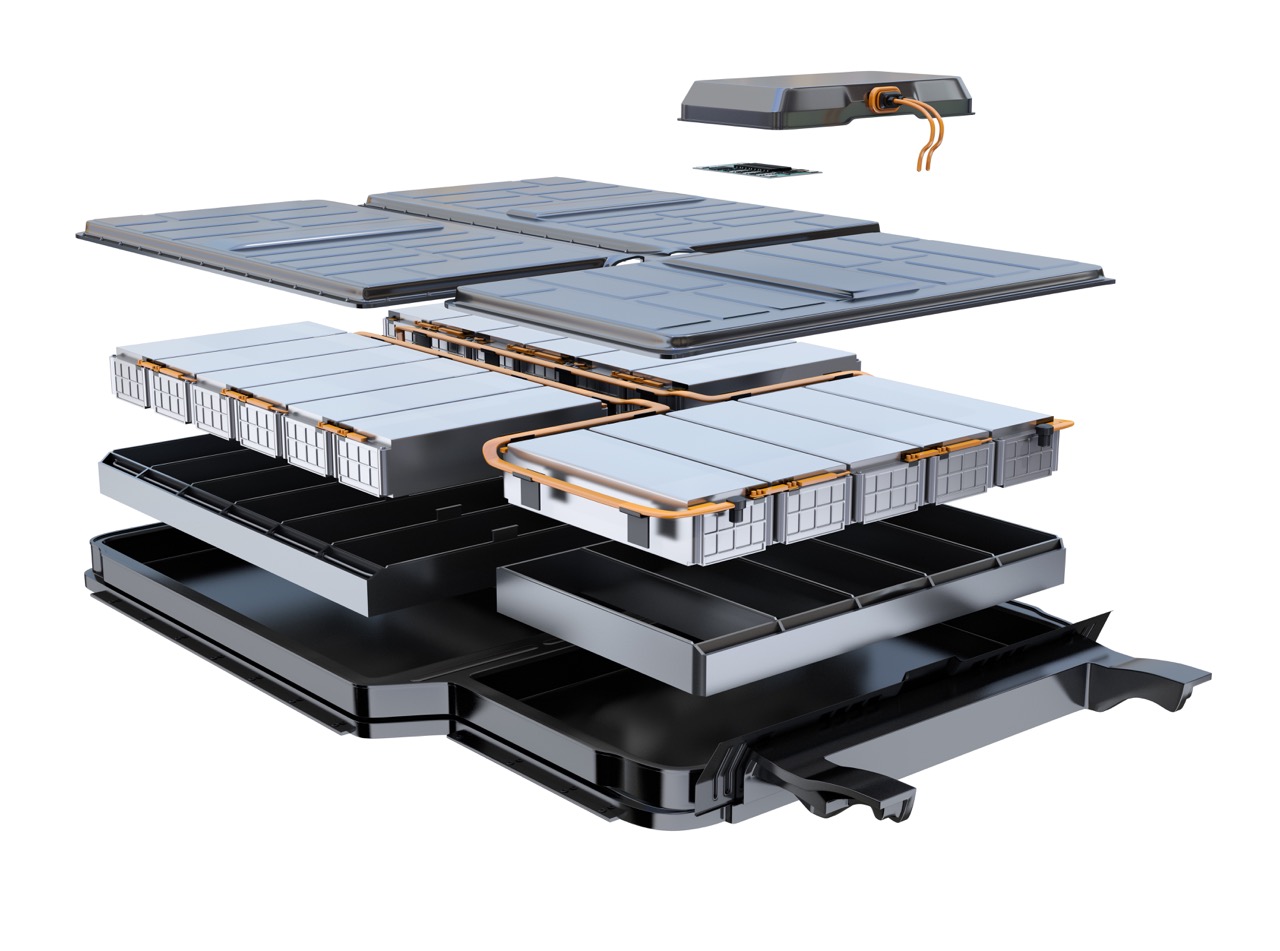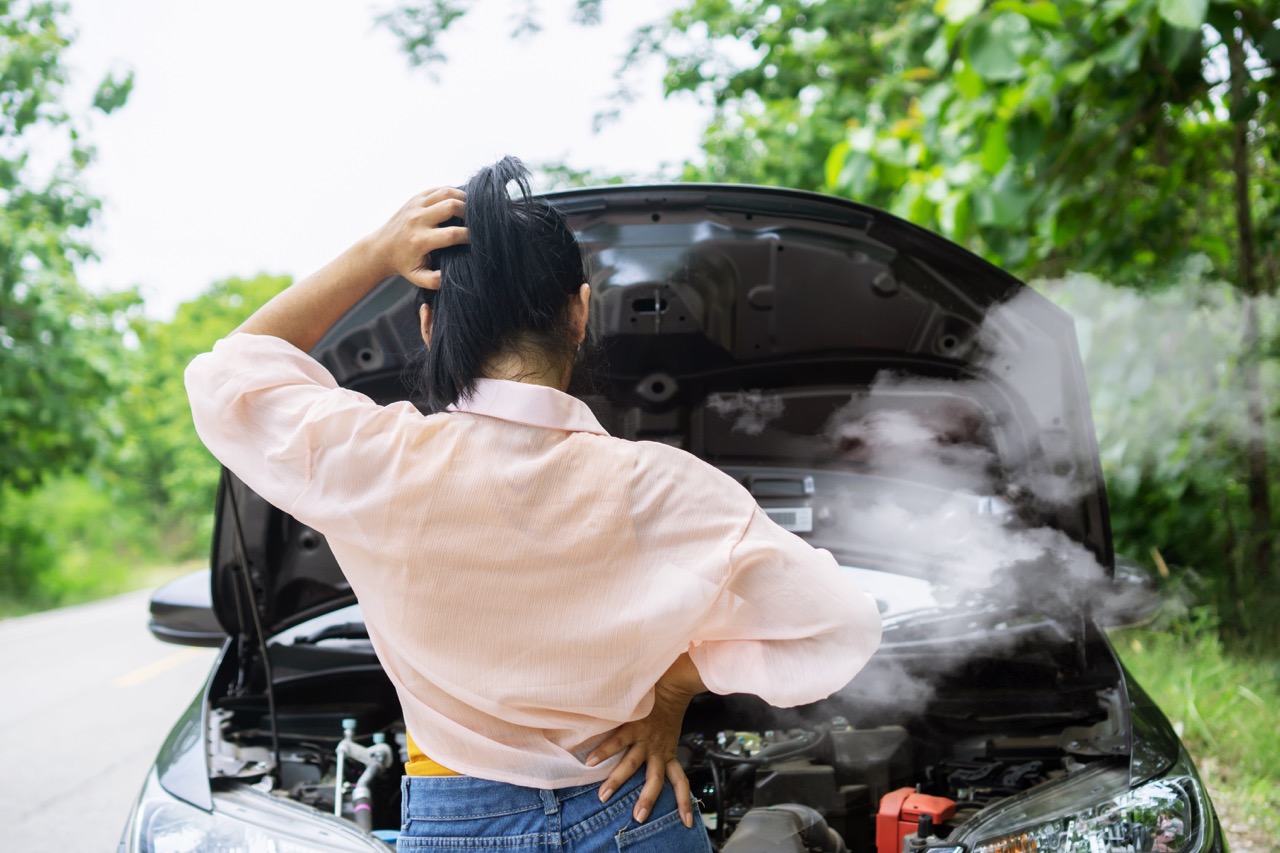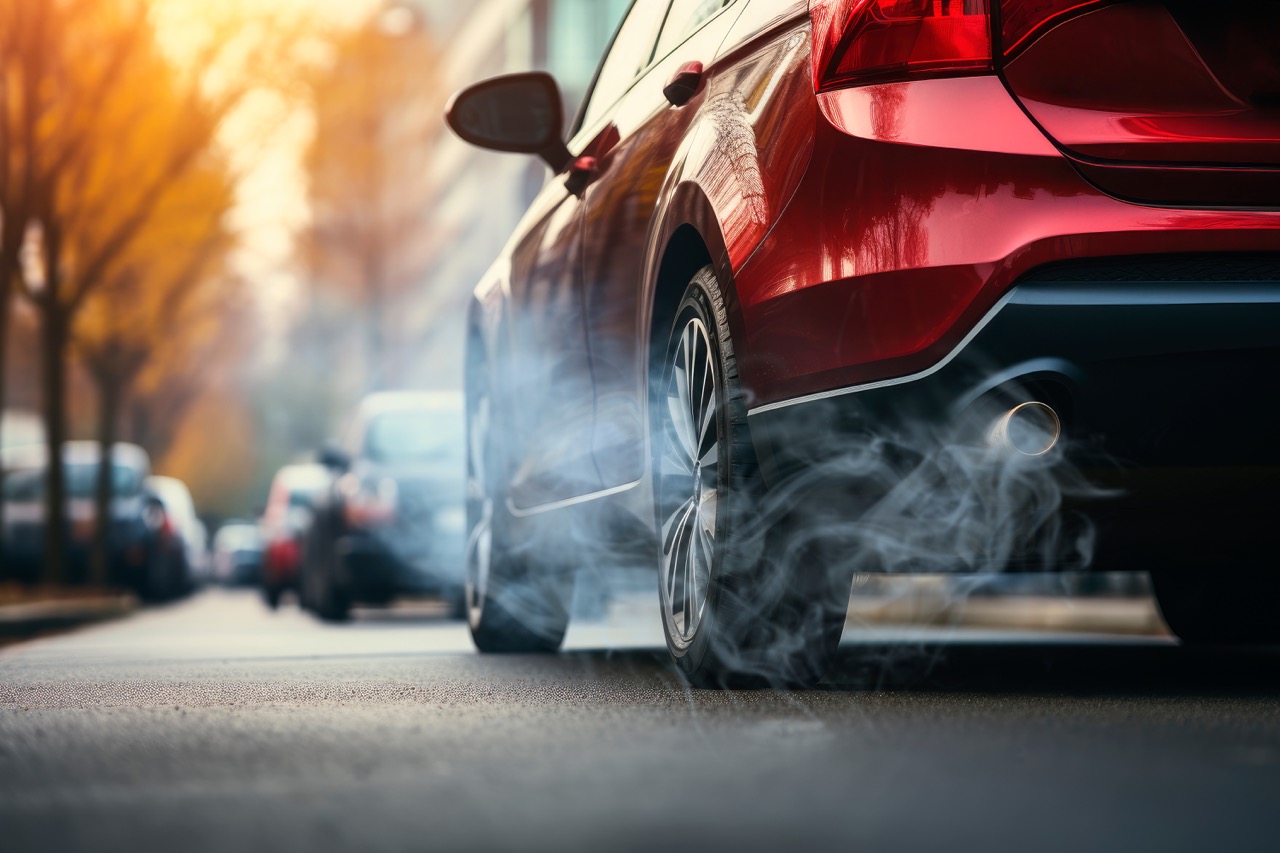
If you’ve ever been driving down the road and seen steam or smoke coming from under the hood of a car, you’ve probably seen an engine overheating. This can be a very dangerous situation, as an overheated engine can cause extensive damage to the car. In this blog post, we will talk about what happens when your engine overheats and the different types of damage that can occur. We will also discuss some preventative maintenance that you can do to help avoid this problem. Finally, we’ll tell you where you can go for repair and maintenance if your engine does overheat.
What Causes an Engine to Overheat?
When your engine overheats, it means that the temperature of the engine has gotten too high. This can happen for a variety of reasons, but usually, it is due to a problem with the cooling system. The cooling system is what keeps the engine cool by circulating coolant through it. If there is a leak in the cooling system, or if the coolant level is low, the engine will not be properly cooled and can overheat. Another common cause of engine overheating is a faulty thermostat. The thermostat controls the flow of coolant through the engine, and if it is not working properly, the engine can overheat.
What Happens When an Engine Overheats?
When an engine overheats, the metal components can expand and warp. This can cause serious damage to the engine and will usually require expensive repairs. In some cases, an overheated engine can even catch on fire. In addition to damaging the engine, an overheated car can also cause damage to other parts of the vehicle. For example, if the engine overheats and the coolant system is damaged, the brakes may not work properly. This can be extremely dangerous and should be avoided at all costs.
What Repairs Are Needed If Your Engine Overheats?
If your engine overheats, there are a few repairs that may be needed. The most common repair needed after an engine overheats is a new radiator. If the radiator is damaged, it will need to be replaced. Other repairs that may be necessary include a new water pump, a new thermostat, and a new cooling fan. If any of these parts are damaged, they will need to be replaced in order to prevent the engine from overheating again.
How Can You Prevent Engine Overheating?
There are a few things you can do to prevent your engine from overheating. First, make sure that you always have enough coolant in the system. Check the level regularly and top it off if necessary. You should also have your cooling system inspected periodically by a qualified mechanic to make sure there are no leaks. If you live in a hot climate, or if you do a lot of driving in stop-and-go traffic, you may want to consider upgrading your cooling system to a larger one. This will help to keep your engine cooler and prevent overheating.
Where Can You Go for Repair and Maintenance?
If your engine does overheat, or if you are having any other problems with your car, bring it to Paul’s Auto Repair in Jerome. We are a full-service auto repair shop that can handle any problem your car may have. We also offer preventative maintenance services to help keep your car running smoothly. Call us today to schedule an appointment. We look forward to serving you!
Related Posts
As an EV owner, understanding your vehicle's battery is critical. From its capacity to its lifespan, and everything in between, we'll guide you through what you need to know to optimize your EV experience. So buckle up and get ready - we're about to shed some light on the electrifying world of EV batteries. What [...]
If your car is running hot, it can be a sign that something’s not right with your engine. Fortunately, diagnosing the cause of an overheating engine isn't too difficult if you know what to look for and how to address it. Keep reading if you want to learn the most common issues that occur when [...]
Your vehicle's exhaust system serves a critical role in managing the byproducts of the combustion process and ensuring optimal engine performance. The appearance of colored smoke from the exhaust pipe, either when stationary or accelerating, can provide valuable clues to underlying mechanical issues. What is a car exhaust? A car exhaust is a system [...]





